Best Betting Sites in 2026
⏲️ Reading time: 24 minutes


This is what every sports bettor is looking for, the best betting sites out there. We have scoured the internet and pooled our resources to thoroughly research and test those that we think are the best there is. All of the sites are licenced and legal, all offer multiple bonus offers, they accept bets both pre-match and in-play, and on a wide range of sports.
In this article about the best betting sites we explain all there is to know and give you the information to be able to make informed decisions about who you should gamble with!
| Rank | Bookmaker | Rating | Bonus | Get bonus |
|---|---|---|---|---|
| 1 | 22Bet | 4.1/5 | Bonus: 100% Deposit Match Bonus | Read review |
| 2 | Rabona | 4.3/5 | Bonus: 100% deposit match bonus | Read review |
| 3 | 1xBet | 4.8/5 | Bonus: 100% Deposit Match Bonus | Read review |
| 4 | Megapari | 4.1/5 | Bonus: 200% Bonus for your First 2 Deposits | Read review |
| 5 | 20Bet | 4.3/5 | Bonus: 100% deposit match bonus | Read review |

Each betting site has its own strengths and weaknesses and there is not one who is the best at everything. Below we have a table showing the best at the categories we deem to be the most important when you are gambling online
The regulations surrounding online gambling will vary from region to region with some countries following international best practices whilst others have introduced their own local rules. Some countries have taken the draconian measure of banning it completely. You are required to make yourself aware of the relevant laws regarding online gambling for the location that you are present in.
The betting sites that we have partnered with at Allbets.tv are all licenced to accept international players. Furthermore we check that they comply with anti money laundering (AML) regulations and in our reviews we explain to you what their “know your customer” (KYC) policies are.
We have looked at and thoroughly tested a lot of betting sites in our time. Whilst carrying out the research for Allbets.tv there were five betting sites that stood out from the crowd as being the best, and so we have listed them in more detail below:
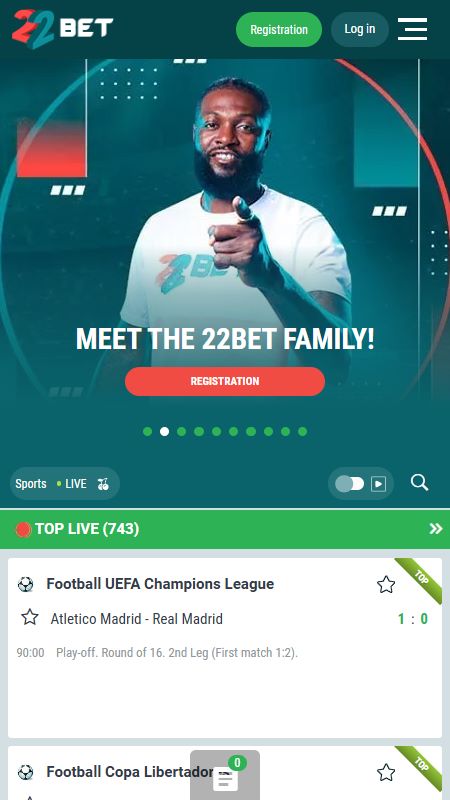
22Bet is owned by TechSolutions Group N.V. and has been operating since 2017. They have a lot of brands under their belt as they also operate 20Bet and Bizzo to name but two. They offer customers a complete suite of gambling products, not just a sportsbook but also Casino, Poker, Bingo, Games, and Scratchcards. There is a very generous Welcome bonus that involves a new customer creating an account and making a qualifying deposit. Once the money has been sent and is in your account you will be given a 100% deposit match bonus to use!
| 🎁 Bonus Amount | 📋 Wagering Requirement | 💰 Minimum Odds | 💸 Max Cashout | ⏳ Time Limit |
|---|---|---|---|---|
| 100% to 122 | 5x Acca bets | Decimal 1.4 | N/A | 7 days |
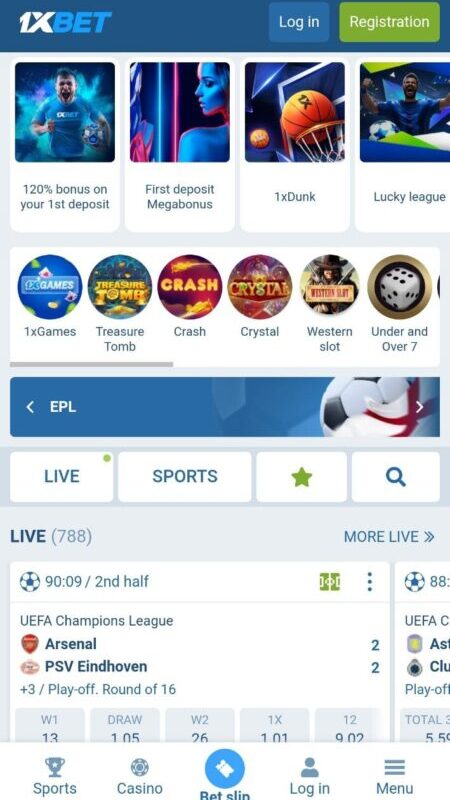
Operated by Caecus N.V 1xbet was founded back in 2007. They hold a licence from the Curacao Gaming Control Board which has the licence number OGL/2024/1262/0493. 1xbet provides their customers with a full range of gambling options including Sports, Casino, Live Casino games, and Bingo. Their Sportsbook contains every sport that you can think of and has even got live betting as well as traditional pre-match betting odds. Live Streaming of the events that you have bet on is usually (but not always) possible. New customers at 1xbet can claim a generous welcome bonus. Go to the bookmaker site and register an account. After making a qualifying deposit and betting 10 your Bonus Account will be credited with 30 in Free bets!
| 🎁 Bonus Amount | 📋 Wagering Requirement | 💰 Minimum Odds | 💸 Max Cashout | ⏳ Time Limit |
|---|---|---|---|---|
| 30 Free bets | 1x deposit | Decimal 1.7 | N/A | 30 Days |
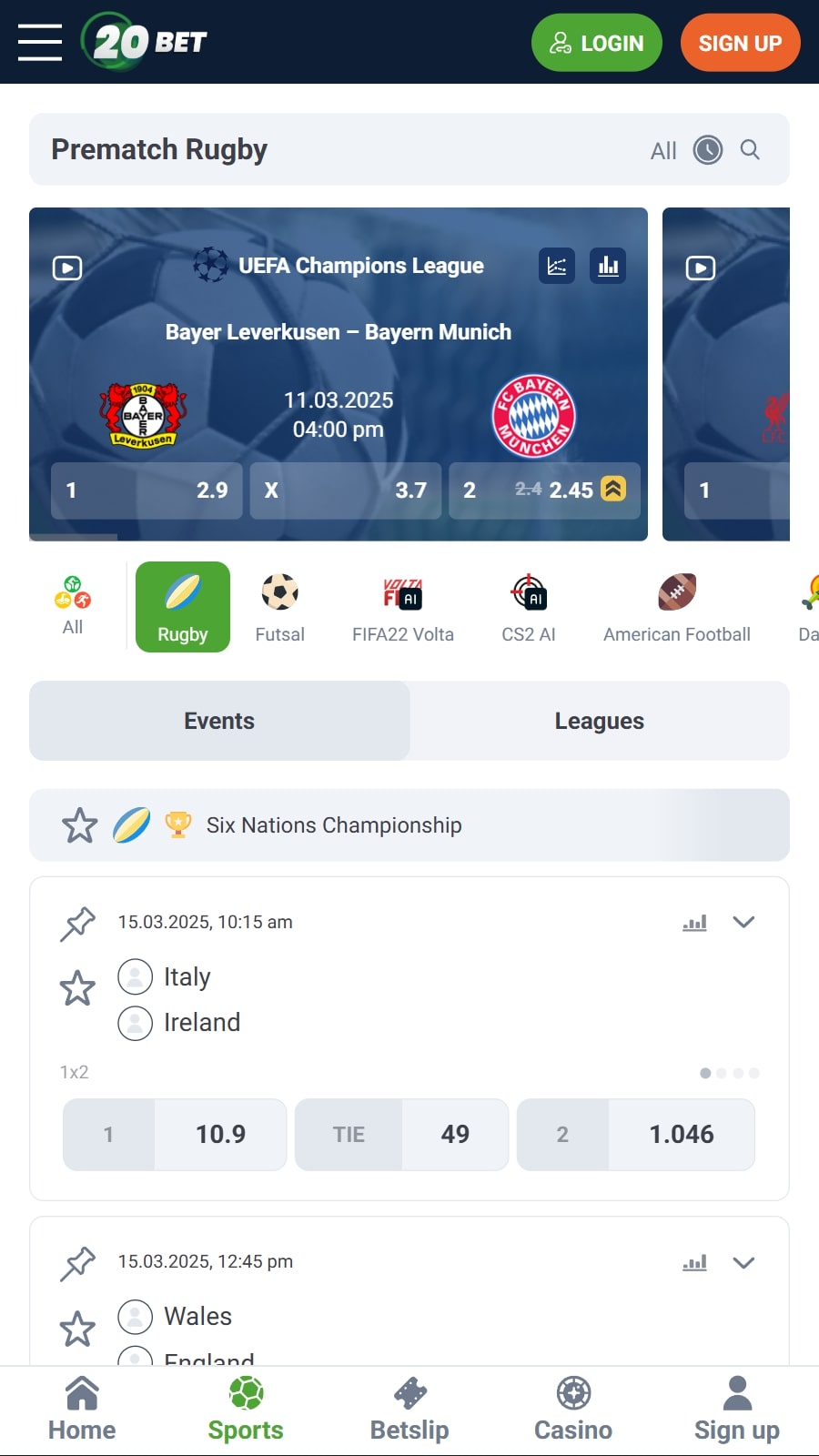
Since 2020 20Bet has been offering their customers a Sportsbook, Casino, Live Casino, and also a Horse Racing section. Owned by TechSolutions Group N.V they operate under a licence provided by the Curacao Gaming Authority. 20Bet customers can sign up and bet using the desktop or mobile, as well as their mobile app. There is of course the option to bet pre-match as well as betting in-play the majority of the time. New customers at 20Bet can claim a deposit match bonus of 100%.
| 🎁 Bonus Amount | 📋 Wagering Requirement | 💰 Minimum Odds | 💸 Max Cashout | ⏳ Time Limit |
|---|---|---|---|---|
| 100 (Sports) | 5x Acca bets | Decimal 2 | N/A | 7 Days |
The best bookmakers on Allbets.tv will each have areas that they are strongest in when compared to the others.
| Betting Site | Welcome Bonus | Average Odds Margin | Number of sports to bet on | Mobile App | Min Deposit |
|---|---|---|---|---|---|
| 100% to 122 | 5.4% - 8.0% | 53 | Yes | 10 | |
| 300% Free bets | 2.1% - 8.0% | 40 | Yes | 1 | |
| 100% to 100 | 5.8% - 8.0% | 29 | Yes | 5 |
The exact sports that each has coverage of will vary so just because somewhere does not have the most does not mean that it won’t have the sport you want. Similarly with odds, even if the average margin is high, the odds on your specific bet may be better than at a site with a lower overall margin. Therefore we are reticent ever to claim there is a “best” site, as this will be entirely subjective on you and the bet you want to place.
No two betting sites are exactly alike, and it is the same for people. What one person likes and looks for in a betting site someone else will consider trivial or irrelevant. For that reason there is no overriding one size fits all “best” betting site. There are however common themes that everyone is interested in to some degree and these are things we take into account when writing a review. We look at:
The whole purpose of having a betting account is so that you can place a bet, so it follows logically that the site must also allow you to place the bets that you want to place. Therefore the sites that cover the widest range of sports and have the most betting markets available are the most likely to meet this criteria.
Arguably the next in terms of importance is the odds that you get, because people bet both for fun and to make money. The better the odds then the more chance there is that you will make money, and at a minimum you will be able to bet for longer, increasing the fun!
When you join a site you want to be sure that your personal data is protected and will be kept secure. When you win money at a site you want to be sure that you will be paid swiftly and hassle free. That is why we assess the security systems and gauge the trustworthiness of each betting site.
The first thing you will see when you join a site is the Welcome offer that they have, the bigger and the simpler that they are the better. It is not just the Welcome bonus that we look at though, we also take into account any ongoing offers and promotions that they may have which could significantly increase the value of your bets.
As time goes on each and every year the percentage of people accessing gambling sites via a desktop computer goes down, and the percentage of people using a mobile device goes up. It is therefore important for a betting site to have ideally a dedicated mobile app but at the least a mobile optimised site, and this is something that we look at.
It is often overlooked but put simply if you can deposit money into a site, then it is effectively useless to you, no matter how good it is at everything else. Having many payment methods, with flexible limits and no fees is what we look for, and rank those with the most options the most highly.
You would hope to never have to contact them, but if a problem does come up, or perhaps you find that you have a question, then an easily contactable, efficient, and knowledgable support team is what you want. Having multiple contact methods, being available 24/7, and having no (or limited) AI support is going to score well with us.
New betting sites are starting all the time, and often to make an impression and get customers through the door they offer either a very generous welcome bonus, very good odds, or a new feature not yet available from the more established players. For that reason they are always worth checking out, and from our research we like the look of:
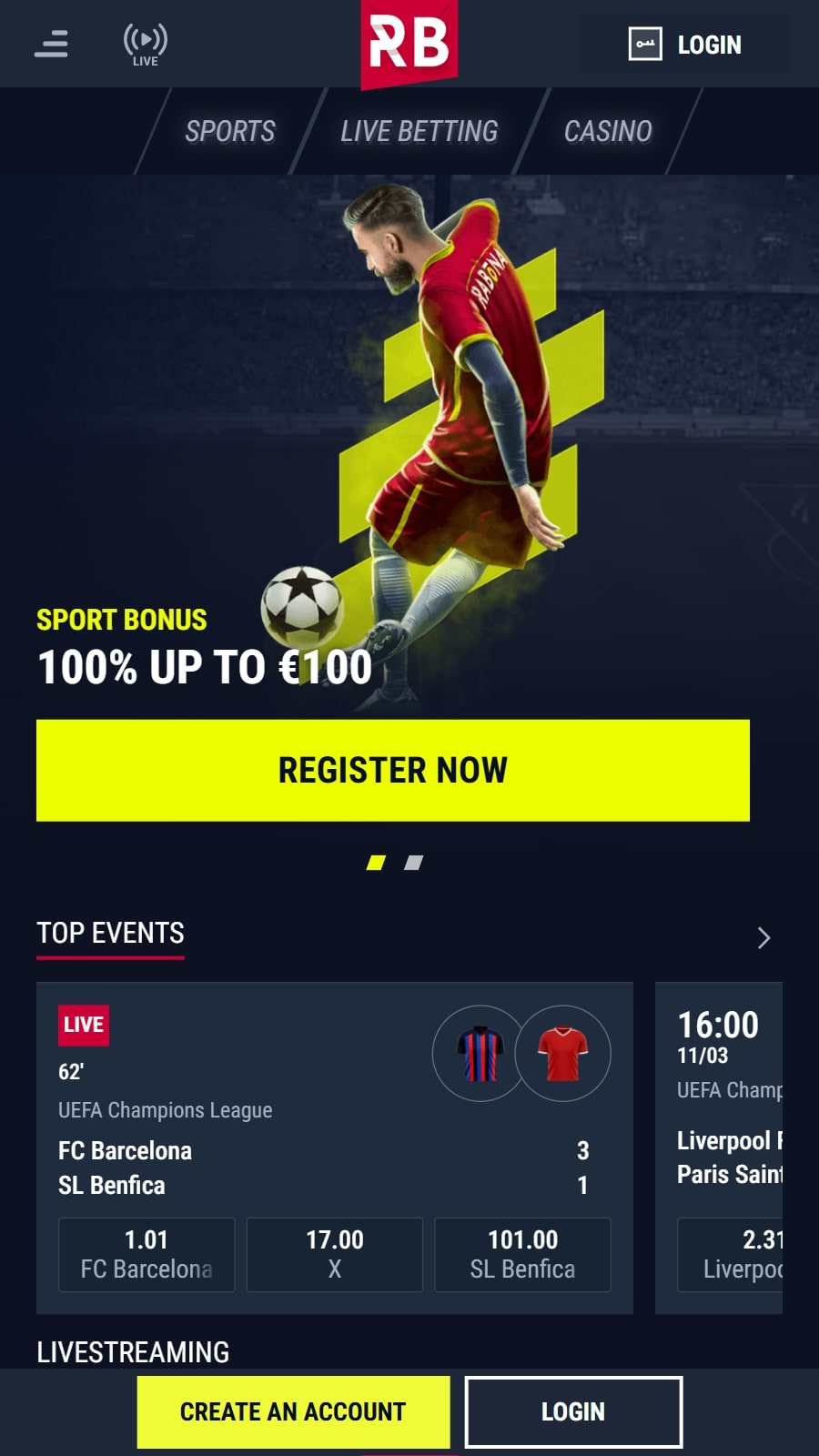
Rabona is a new site that’s jam packed with the very latest betting features including In-play betting, Bet Builders, and the option to “Cash Out” bets. On top of this, they have a state of the art payment system that supports crypto transactions which is great to see. There is betting coverage of the latest sports, including of course Esports! Last but not least they also have a generous welcome bonus which all new users can claim.

Bonuses have been a part of online gambling since the very beginning. The types of bonus that you can be offered has evolved over time and although every offer will differ because of having different T&C’s, there are general types of bonus that you are likely to come across. These are:
It is very rare for a betting site to not have a Welcome bonus. They exist to encourage new customers to take the time and effort to register a new account, and then the betting sites hope that once you have joined you will continue to redeposit in the future and become a loyal customer. Technically a Welcome bonus is not a “type” of bonus but is instead simply when you get the bonus. We look at different types in the list below.
As the name suggests these bonuses are given to a customer, either new or existing, when they make a deposit into their betting account. Most commonly these are either added straight away and can be used, but not withdrawn, until a certain amount of wagering has been done. Sometimes the bonus is held and can not be bet until the actual deposit has been wagered a certain amount, then the bonus is given as withdrawable cash.
Free bets are a common type of bonus and can usually only be used as one bet for the full amount of the bonus. Sometimes the Free bets can be used on anything but certain promotions will set restrictions on which sports the Free bet can be used on and perhaps also the odds that can be used. To use them is exactly the same as any other bet but before submitting the bet somewhere on the betslip will have a box to tick to indicate you are not using your real balance.
These bonuses require you to have a winning bet for them to come into effect and result in you benefiting from them. Sometimes the betting sites will award you with the ability to boost the odds on a selection of your choice, other times they will have picked a bet for you and it is up to you if you want to bet on it or not. These offers are usually (but not always) good value and worth looking out for.
This is an offer which works exclusively with Accumulator bets. Because it is so frustrating when one leg of an Acca lets you down, many betting sites will refund your stake as a Free bet when that happens.
Also sometimes known as a “Risk Free” bet when it is 100%, this offer can vary from a 100% refund down to 5% of your losses refunded. The loss can be your first bet or all bets in a certain time period. Sometimes the refund is made as cash but it is more common to see the refund made as a Free bet.
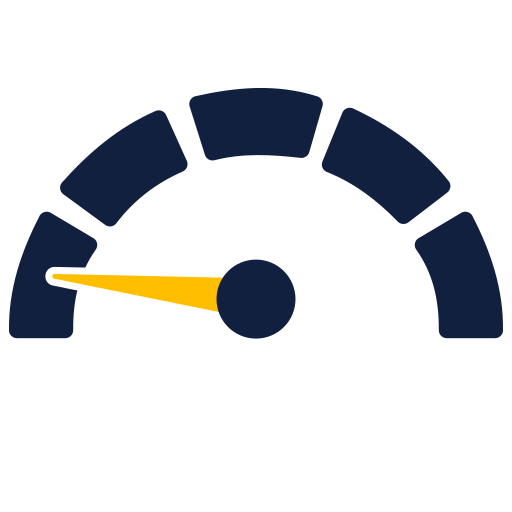
| Bookmaker | Bonus Amount | Wagering Requirement | Minimum Odds | More Details |
|---|---|---|---|---|
| 100% to 122 (Deposit Bonus) | 5x Acca bets | Decimal 1.4 | ||
| 300% (Free bet) | 1x deposit | Decimal 1.7 | ||
| 100% to 100 (Deposit Bonus) | 5x Acca bets | Decimal 2 | ||
| 100% to 200 (Deposit Bonus) | 5x Acca bets | 1.4 | ||
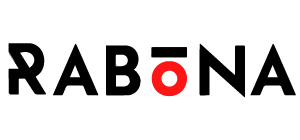 | 100% to 100 (Deposit Bonus) | 5x or 6x | 1.5 to qualify |



Each betting site is free to accept whichever payment method they want to, and there is no obligation or guarantee that they will accept any. That being said the vast majority of them will accept Visa and Mastercard debit cards, and the E-Wallets and Cryptocurrencies have a large overlap too.
| Betting Site | Payment Methods | Usual limits | Usual Withdrawal Speed |
|---|---|---|---|
| Visa / Mastercard / Apple Pay / Google Pay / E-Wallets / + more | $10 - $100,000 | 15 minutes - 7 days | |
| Visa / Mastercard / Skrill / Neteller / Crypto / + more | $1 - $500,000 | 24 hours | |
| Visa / Apple Pay / E-Wallets / Crypto / + more | $10 - $4000 | 1 day - 7 days | |
| Visa / Mastercard / E-Wallets / Crypto / + more | $10 - $2500 | 24 hours | |
 | Mastercard / E-wallets / Crypto | $10 - $5000 | 1 day - 3 days |
Much like registering every sportsbook will probably vary slightly in the bet placement process but they will be very similar and follow the same sort of process. The steps required will be something like this:
Select a betting site that looks like the best one for you, we have listed some that we recommend at the top of this article.
Click on the link on this page to join in order to ensure that you are going to the official site. Then begin to add your details.
Complete all sections that you are asked to go through. You are going to be asked your full name, your address, and your date of birth. Bear in mind that it is entirely possible that you will be asked to prove these things are true at some point. Other things that you are likely to need to tell them are your Email address and mobile phone number.
Once you have opened an account you will need to deposit funds. Do this using the payment method most suitable to you and enter the relevant details. (Always ensure you use accounts in your own name).
Once you have money in your account you are ready to place your bets. Go to the match that you want to bet on, and you will see the odds that you can get.
Click on the odds next to the bet that you want to place and this will automatically be added to your bet slip.
You can now enter the stake amount that you want to bet on this selection and click to confirm your bet.
Many betting sites, and certainly the best ones, have the latest special features available for their players to use. There are always innovations going on and staying up to date is important to keep offering the best gambling product possible.
Recent advances are things such as In-play betting, mobile apps on your smartphone, betting on Esports, live streaming events, and depositing with cryptocurrencies have all been added over time since online gambling began.
| Bookmaker | Mobile App | Live Streaming | Crypto Deposits |
|---|---|---|---|
| Yes | Good Coverage | Yes | |
| Yes | Good Coverage | Yes | |
| Yes | Average Coverage | Yes | |
| Yes | Average Coverage | Yes | |
 | No | Average Coverage | Yes |

Each year the amount of bets being placed on a mobile device increases and as a % it is soon to be the most common method of doing so. This is true all over the world, from advanced nations to those that are less developed, sooner or later everyone is going to own a smart phone and the convenience of betting from this device will make it the method of choice for most people.
Betting apps exist to make using a betting site on mobile device as simple and easy as possible. They often take all of the functionality of the standard desktop site and convert it into a compact version, which crucially is designed in such a way that all the relevant information can easily fit onto the smaller screen.
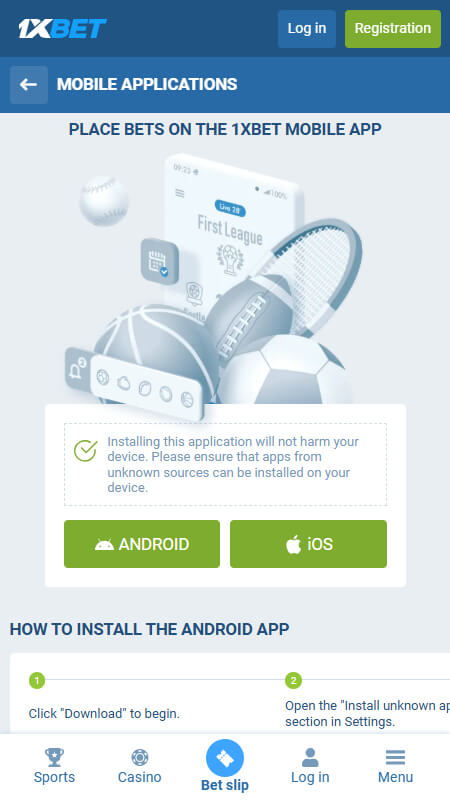
The mobile app is available for download on iOS, Android and Windows devices. To download the app, we recommend you use the relevant links found at the bottom of the 1xbet website rather than the relevant Play Stores. The process only takes a few minutes to complete.
| 🎁 1xbet App Welcome Bonus | ⬇️ How to download? | ✅ Available on | 💰 Deposit methods |
|---|---|---|---|
| 100% Deposit Match Bonus | Direct link on the website | iOS & Android | Visa / Mastercard / Skrill / Neteller / Crypto / + more |
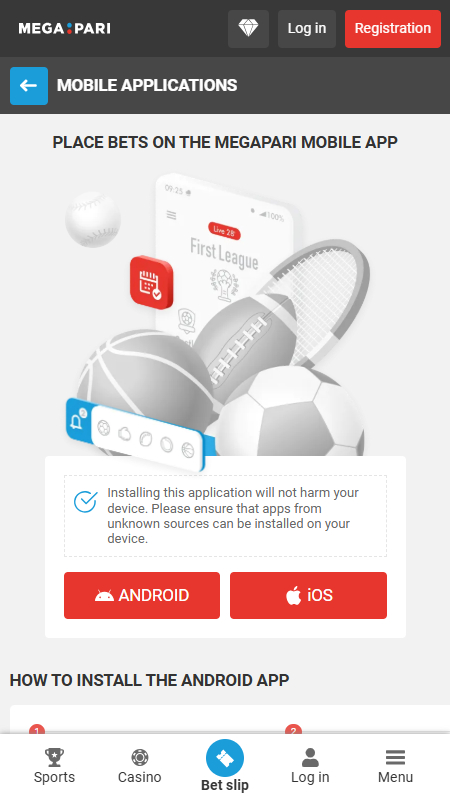
You can install the app and get going in just a matter of minutes. Once you are logged in you will see that the appearance is much brighter and more welcoming than its desktop counterpart. The functionality is great and it’s easy to navigate through the various sections.
| 🎁 Megapari App Welcome Bonus | ⬇️ How to download? | ✅ Available on | 💰 Deposit methods |
|---|---|---|---|
| Get a 200% Bonus for your First 2 Deposits | App Store / Play Store / Direct link on website | iOS & Android | Visa / Mastercard / E-Wallets / Crypto / + more |
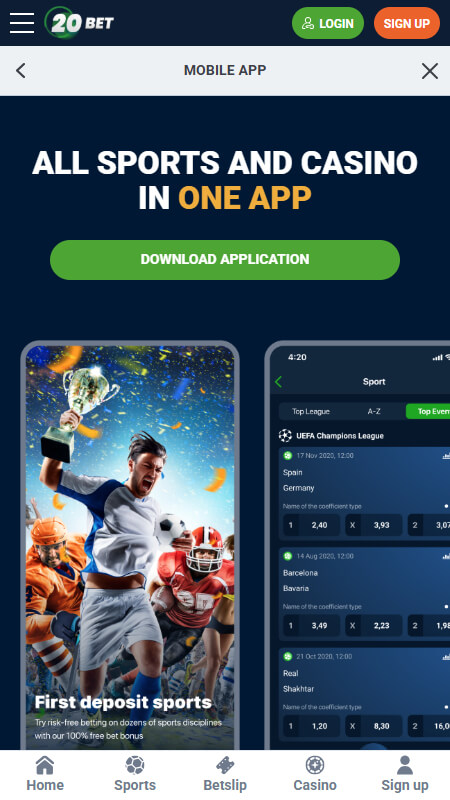
The best way to install the app is by using the QR Code on the desktop homepage. Once you have scanned the code, you willreceive instructions on how to complete the download. The whole process takes around 3-4 minutes to complete.
| 🎁 20Bet App Welcome Bonus | ⬇️ How to download? | ✅ Available on | 💰 Deposit methods |
|---|---|---|---|
| 100% Deposit Match Bonus | QR Code on the desktop site | iOS & Android | Visa / Apple Pay / E-Wallets / Crypto / + more |
Live betting, also known as “In-Play” betting takes place when you bet after a game or a match has begun. This is compared to bets before the event has begun known as “pre match”. The advantage of live betting is that you can see for yourself how the game is playing out, how players are performing on the day, and arguably make a more informed decision on their chances of winning. Live betting is known for having fast changing odds which makes it more exciting to follow and the quick turnaround from placing a bet to knowing the result also add to its appeal.
When you are betting at a bookmaker In-Play some will offer you a live streaming facility. What this means is that you can watch the events play out live just like on TV, but either streamed to your desktop or mobile device. Sometimes you must have placed a bet on the event to view the stream but often just having a funded account is enough. Not all sports and events are available with TV rights in certain territories restricting things, but as time goes on the number of events you can watch live continues to grow.

The most popular sport for betting around the world is football, where it is estimated that over $150Bn was wagered on the sport in 2024. The largest amount ever wagered on a sporting event was $30Bn on the 2024 FIFA World Cup. The popularity of sports varies around the world though, and football is not always the number one sport in each country.
Other popular betting sports are Horse racing, particularly popular in the UK, Ireland, Australia, and the Middle East. There is also American Football, Baseball, and Basketball which are all very popular to bet on in North America. In the Indian Subcontinent Cricket is the main betting sport, whilst other nations and regions will also have their own favourites too.
There are many different types of bet that can be placed, and by far the most popular is simply who is going to win. There are several names for this bet depending on the sport you are betting on and the bookmaker than you are using. It can be known as the “match odds”, the “WDW” market, or the “to win” bet. These days you will find dozens of options, and if proposition bets are included the amount is virtually unlimited. Some of the most common bet types that you will find in the main sports are:

Every region is different but some of the main records and statistics from sports betting around the world are:
| 🌍 Countries where gambling is legal | 80% of countries |
| 👥 The country that gambles most | USA ($116.9 Bn in 2023) |
| ⚽ The sport that is most bet on | Football (or Soccer) |
| 🏆 The event that is most bet on | 2024 Fifa World Cup (Estimated £30 Bn) |
| 🔝 Best all round betting site | 1xbet |
| 📱 Best betting site app | Megapari |
| 🎁 Best betting site for bonuses | 20Bet |
Online gambling can be fun. Online gambling can be profitable. Online gambling can also be a big problem, no fun whatsoever, and lead to very large losses. At the end of the day it is your responsibility to gamble responsibly, nobody else is your brain, nobody else knows for sure what is an acceptable amount for you to bet, only you know that. It is up to you to only ever gamble what you can afford to lose.
Betting sites are increasingly adding more and more tools in order to help you avoid problem gambling in general. Things that you may see are:
It is up to you to make use of these tools where they are available.
The best site will be different for each person, rather than one universal best that is best for everyone. That being said the best all round betting site from our research was 1xbet.
We found the best app to be from Megapari, it had all the features and functionality of the desktop site and was incredibly easy to use.
In the long run the only way is to bet on “value”. Working out which bets are value and which are not is the hard part.
Depending on where you are located the answer could be yes or no but over 80% of countries in the world have legalised online gambling from regulated, licenced operators.